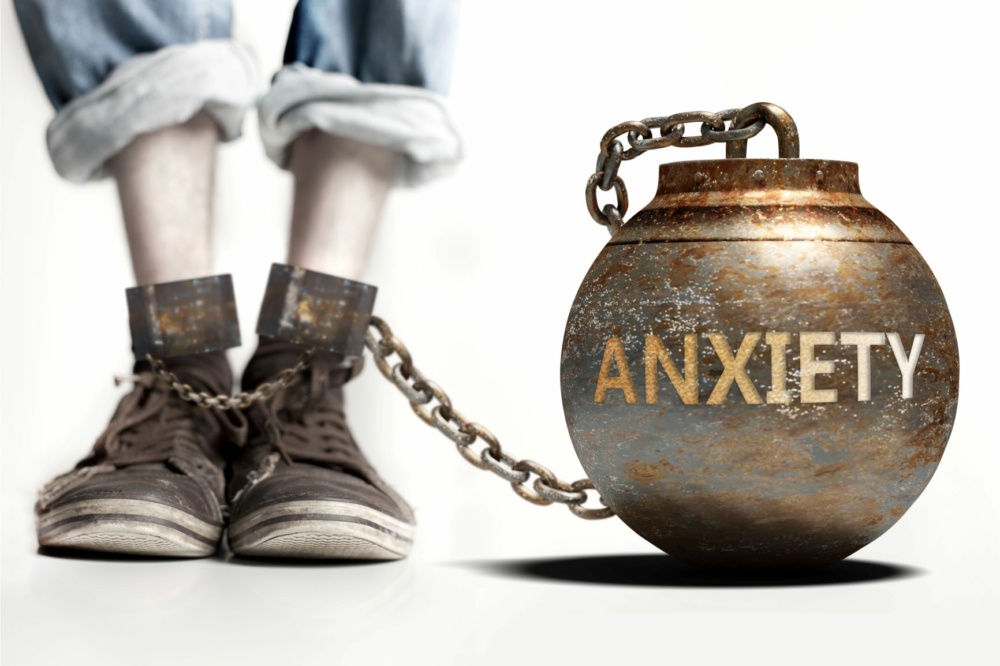Social media plays a significant role in our daily lives. It connects us with friends and family, helps us stay informed, and provides a platform for self-expression. However, when used excessively, it can negatively impact mental health, contributing to anxiety, low self-esteem, and even sleep disturbances. The key is finding a healthy balance that allows us to enjoy the benefits of social media while protecting our mental well-being.
How Social Media Affects Mental Health
- Comparison & Low Self-Esteem – Social media often showcases the best parts of people’s lives, leading us to compare ourselves to idealized versions of others. This can trigger feelings of inadequacy and insecurity.
- FOMO & Anxiety – Seeing others enjoy experiences we’re not part of can cause feelings of loneliness or exclusion, leading to FOMO (Fear of Missing Out) and heightened anxiety.
- Addiction & Reduced Productivity – Social media platforms are designed to keep us engaged, making it easy to fall into mindless scrolling. This can affect our productivity and lead to procrastination, leaving little time for real-world activities.
- Sleep Disruptions – Spending too much time on screens, especially before bed, disrupts our sleep cycle. The blue light emitted from devices interferes with melatonin production, making it harder to fall asleep and rest properly.
How to Create a Healthier Relationship with Social Media
1. Set Time Limits
Monitor and limit your social media use. Many apps now have built-in time management tools that allow you to set daily usage limits. This can help you stay aware of how much time you’re spending on these platforms and prevent excessive use.
2. Curate Your Feed
What you see online affects how you feel. Unfollow accounts that make you feel inadequate or stressed, and instead follow content that inspires, educates, or brings joy. Surround yourself with positive influences and uplifting messages.
3. Practice Mindful Scrolling
Be intentional about your social media use. Before opening an app, ask yourself why you’re using it and how it makes you feel. If it brings stress or negativity, it might be time to take a step back or reduce your usage.
4. Take Social Media Breaks
Regular breaks from social media can help you reset. Whether it’s a few hours, a full day, or even a weekend, taking time off can improve your mood and mental clarity. Use this time to engage in hobbies, exercise, or spend quality time offline.
5. Prioritize Real-Life Connections
While social media helps us stay connected, it can never replace face-to-face interactions. Focus on nurturing meaningful relationships in real life—spending time with family, friends, and loved ones can provide the support and connection that online interactions sometimes lack.
6. Avoid Social Media First Thing in the Morning & Before Bed
How you start and end your day sets the tone for your mood. Avoid checking social media first thing in the morning, as it can lead to a reactive mindset. Similarly, limit your screen time before bed to ensure better sleep quality. Instead, try reading, journaling, or engaging in other relaxing activities.
Final Thoughts
Social media is a powerful tool that can enrich our lives, but it’s important to use it intentionally. By setting boundaries, curating your content, and making time for real-life connections, you can enjoy the benefits of social media without sacrificing your mental health. Finding balance is the key to ensuring that social media remains a positive influence rather than a source of stress.
How do you find balance with social media? Share your strategies and thoughts below!






Recent Comments